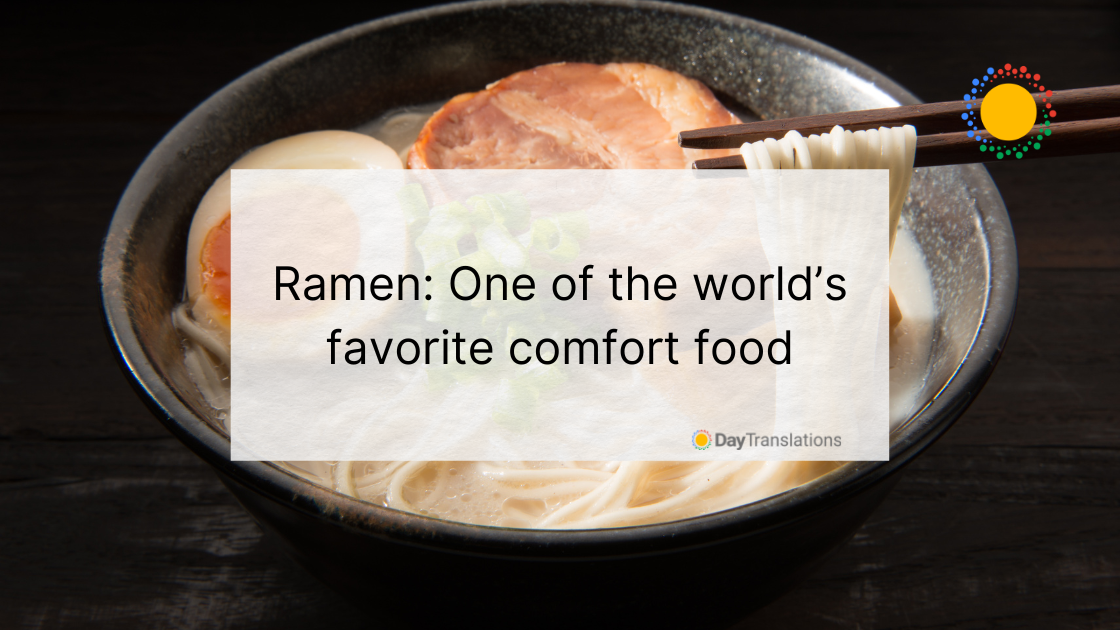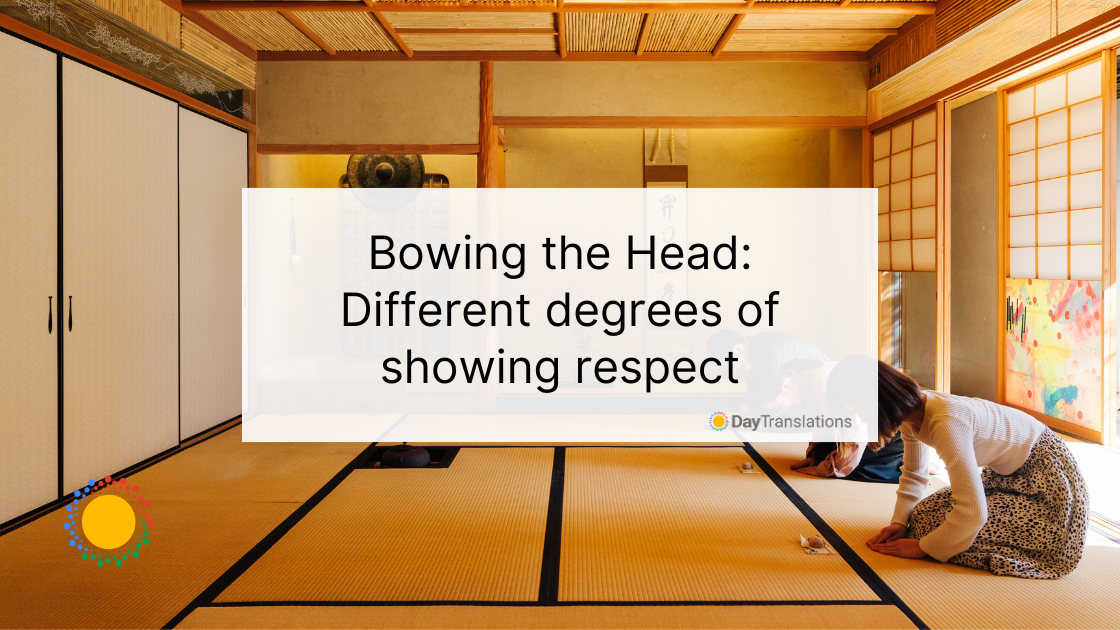It’s been 102 years this year when ramen first appeared in Japan, although the noodle could be older than that because it originated in China, one of the oldest civilizations in the world. In Japan, ramen used to be called shina soba, or China (buckwheat) noodles, even if they were using noodles made from wheat. The elasticity and yellowish color of the fresh noodles comes from the sodium-carbonate-infused alkaline mineral water called kansui, which comes from Lake Kan in Inner Mongolia.
Why it’s called ramen
It was actually two Chinese cooks working in a Rairaiken restaurant in Tokyo that introduced noodles in broth to the Japanese in 1910. The Chinese called their noodles la mian, meaning pulled noodle. And ramen is the closest Japanese word for the Chinese one. La mian is also the source of the words lo mein and chow mein, although both are already Anglicised terms.
International sensation
Ramen became ubiquitous. You could find it almost everywhere. And why not? It costs so little, sate your hunger, bring you comfort, drive away the cold you feel when the wind is chilly, and could even be used to cure a cold. It’s like food you eat at home. It has starch, salt, broth that’s made from chicken or pork. It’s served steaming hot in a reassuring bowl. So many recipes have spawned from ramen, and it’s been baked, chopped, stuffed and dipped.
Instant Ramen
While eating ramen became widely popular in Japan, it still meant going out to have some. In 1958, Momofuku Ando invented the instant ramen, the signature product of what will become one of Japan’s most successful companies, Nissin Foods. Momofuku Ando was of Taiwanese and Japanese heritage. And his invention became an international success, packaging dried ramen with small packets of condiments and freeze-dried vegetables in different flavors. It is cheap, very handy and very easy to prepare. Only hot water is needed and voila, you’ll have an instant hot meal.
Favorite meal all over
The success of instant ramen is global. Students particularly take to this instant food, as it’s something that could be easily stored and prepared in dorms. Harried moms and busy office workers developed a liking to it as it only takes a few minutes to prepare and eat. In Japan, where it is still a tradition to serve shina soba fresh, several Japanese prefectures developed their own specialties with flavors such as seafood, miso, salt, soy sauce, pork and baby sardines (niboshi), chicken, beef and more. And it’s interesting to note that instant ramen, derived from the fresh noodles served by the Chinese cooks in Japan, is now very popular in China, where it’s called rìshì l?miàn.
You could say that ramen or shina soba has come full circle.














Sorry, the comment form is closed at this time.